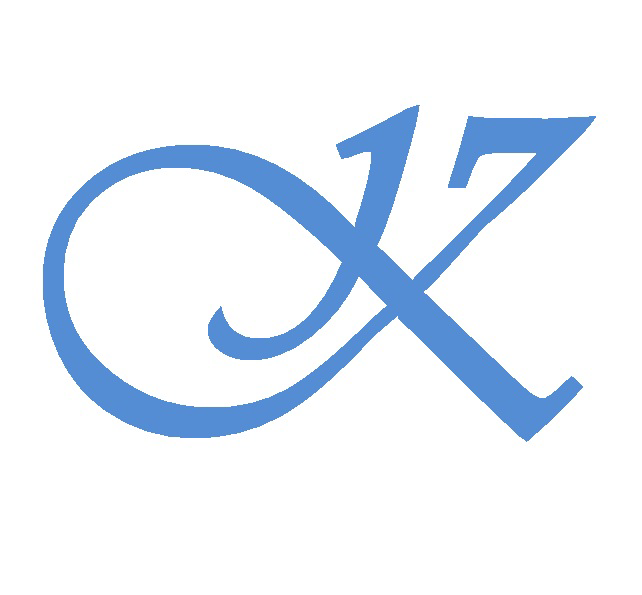Journal Policies (All KSP Journals adopt the same policies):
There are four stages for an article that is sent for publishing to TER: Secretariat, Editor, Field Editors and Referee Evaluation. The authors can not contact to the referee at all. For all other kinds of communication: secretarial@ksplibrary.org, ter@ksplibrary.org and for each field editor, communication can be made through the e-mail addresses that is given by TER.
An article uploaded to the system through OJS, firstly arrives to TER Secretariat. At that stage, the article is controlled to the eligibility of general writing and reference rules, page lay-out/size, adjustments as tables and graphics, and whether all supplementary documents attached to the article is perfectly completed or not. When all the rules under the section “Author Guidelines” are fulfilled, the article is sent to the editor latest one week of time. If there are deficiencies, Secretariat can not send the article to the Editor unless it is fully completed and stays in connection with the author to correct the deficiencies. Expected documents and adjustments at the stage of Secretariat are completed with the kind warnings and guidance of the Secretariat. Secretariat does not have an authority to refuse the article, but they are authorized not to transfer the article to the editor unless the deficiencies are completed.
Second stage: Perfectly completed articles that was sent to the Secretariat (latest within one week) and the article corrected for the deficiencies are delivered to Editor. The article and its appendices are controlled again. Article is controlled for plagiarism by the editor. The subject and content of the article based on the suitability to TER are reviewed. Articles that fit for the content and policy of TER and successfully passed from plagiarism test are sent to TER field editors that are chosen to JEL codes. Any article that has plagiarism in some way or some degree is definitely refused; no more articles from the corresponding author are never accepted and TER indefinitely stops the communication with the corresponding author. Editor review is completed one week of time at most and the article is sent to the field editor.
At third stage, the field Editor review the article last time after all the controls done in the first two stages. Any kind of problems found by the field editor is corrected in connection with the author. Fully completed article is sent within one week to two referees (for double-peer reviewing) that fit to JEL codes in accordance with the subject of the article in order to evaluate the article scientifically. Any information about the authors to the referees or about the referees to the authors can not given. Fully completed article according to TER policies, fields and rules is ready for the refereeing stage within 3 weeks.
As a final stage, the article is sent to the double-blind referees and they have six weeks of time in order to analyse and write their report. A referee, who does not write the report in six weeks of time, is taken away automatically from the article and its contribution is ended. A referee who can not complete its report due to some reasonable excuses, could have additional 2 weeks of time by informing Editor. The referee can reject the article, request some revision or accept it. The referee delivers its report to the Field Editor and then the Field Editor delivers the report and the final decision to the author and editor as soon as possible.
The author has two weeks of time when he is asked to make some corrections by the referee. If referees want to see the corrected article again, the corrected article is sent to the referee by the field editor and the referee controls all the corrections within two weeks and gets the final outcome. If referee comes through the conclusion that the points he/she mentioned in his/her report is not evaluated carefully by the author, the referee prepares an additional reporting order to deliver to field editor. This additional report is immediately delivered to the author and the author is expected to finish all corrections and adjustments within one week. Referee can write a report five times to ask for corrections and/or adjustments about the article. Communication is always made through corresponding field editor. Referee has to give its final decision by the third and final report and without asking a new correction at that time it is declared that the article is accepted or rejected. All of these debates about the article can continue maximum one year. If the decision of one of the blind referee is issuable and non-issuable from the second referee, the article is sent to third referee and this referee is expected to write a report and give his/her decision within 4 weeks. All stages and processes that first two referees have are also valid for the third referee.
The majority of the books published by the KSP Library appear in one of our Monograph, Collections and Proceedings, or Copublications series. Links to descriptions and published titles in these KSP Library book series are listed below. Occasionally, a book could be appropriate for more than one of our series. If you have a book project and are not sure where it might fit, please contact one of the KSP Library Editors to discuss your options. The KSP Library also publishes Non-Series Books and distributes many titles that do not fit into a specific series. These books may be geared towards a certain readership or may have a broad appeal to anyone interested in Economics. KSP Library Book Series consolidate our position as the world’s leading publisher of Economics research, but also bring us into new and exciting areas such as Finance, Management, Business, Administrative Sciences and Politics. KSP Library Book Series can be download individually in print via http://books.ksplibrary.org/collection. All of these Book Series are also available electronically as part of an online collection.
The need for exclusive repository for Economics is felt these days. With increasing number of articles being published using open source software under creative commons licence has flooded the net with electronic version of articles. At present this repository will cater to articles from the field of Economics. Any one can submit their repository for indexing. For indexing purposes the repository submitted should meet the following guidelines.
1. The submitted repository should be OAI compliant
2. The repository submitted should contain articles licenced under creative commons
3. The submitted repository should contain articles only from the field of Economics
Comments can be submitted to: econbib@ksplibrary.org
All articles in open access journals which are published by KSP Library have undergone peer review and upon acceptance are immediately and permanently free for everyone to read and download. Platforms such as repositories, preprint servers and scholarly collaboration networks can host research published by KSP Library following the guidelines below:
1- KSP Library supports the STM Article Sharing Principles and we want to work in partnership with organizations aggregating and making available versions of articles published by researchers with KSP Library. This policy complements our sharing policy which outlines how authors can share their research, and agreements with subscribing institutions about how licensed material can be shared.
2- We believe that we all have a shared responsibility to work together to ensure researchers can share research quickly, easily, and responsibly. This requires active partnering to ensure the coherence and integrity of the scientific record, to promote responsible sharing in a way that respects the needs of all stakeholders, and to enable impact and usage measurement in a distributed environment.
3- Hosting platforms should develop and share COUNTER (and OAI) compliant usage statistics so that researchers and publishers have a full picture of how articles are shared and used.
4- Where commercial organizations seek to benefit from hosting versions of articles on their platforms, formal commercial arrangements should be made with KSP Library. Non-commercial organizations can host documents under the terms of this policy.
5- Sites or repositories that provide a service to other organizations or agencies, even if those other organizations or agencies are themselves non-commercial entities, are considered to be providing a commercial service, and this service activity will also require a commercial arrangement with KSP Library.

